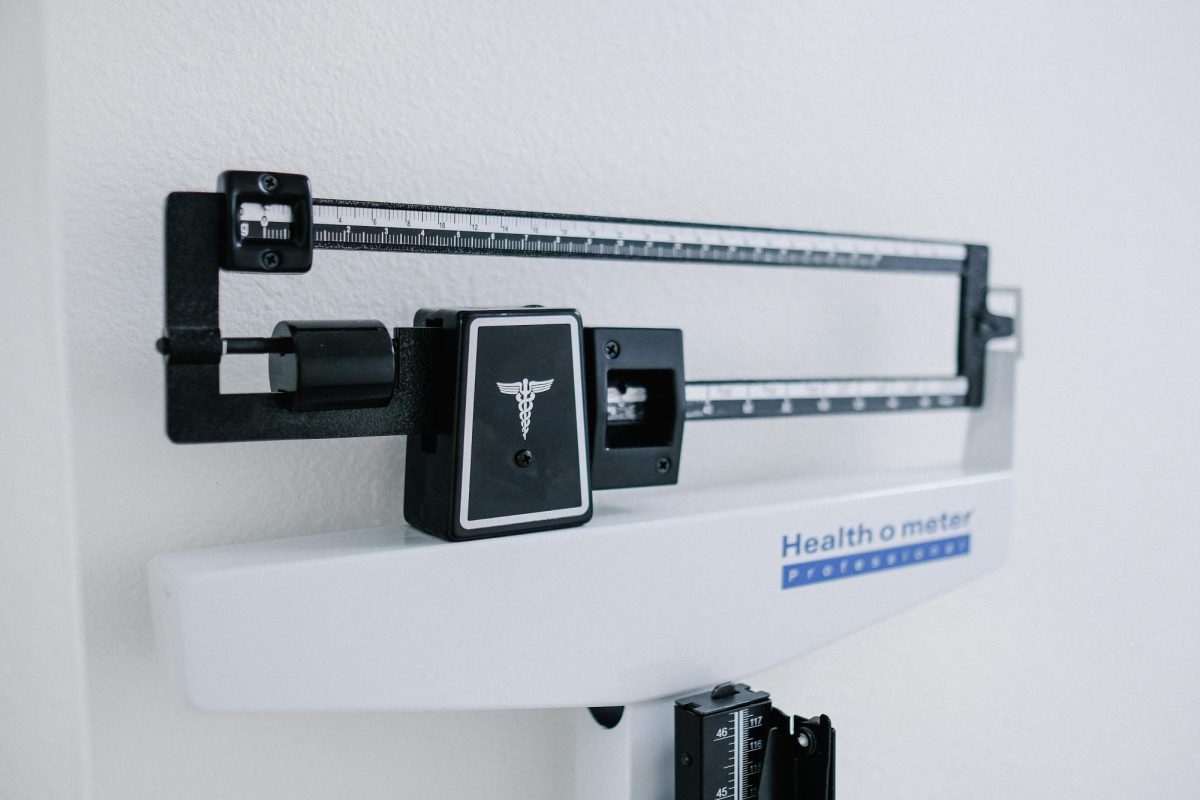The death rate for cancer has declined, according to the American Cancer Society.
Cancer Prevention and Early Detection Facts and Figures 2007, an annual report on cancer risk factors, prevention and early detection, provides information on modifiable risk factors and screening for cancer.
Compiling surveillance information at the national and state levels, the publication also highlights new research findings along with policy initiatives and community actions.
This year’s report reflects a decrease in the death rate and actual number of deaths from cancer in the United States, the introduction of a new vaccine to prevent infection with the virus that causes cervical cancer and information regarding efforts to pass smoke-free laws in three states (Ohio, Arizona, Nevada) despite opposition from the tobacco companies.
“ Our biggest challenge remains the tobacco industry,” Lori Soderbergh, regional director of communications for the American Cancer Society of North Texas, said.
Secondhand smoke is dangerous and must be addressed with 100 percent smoke-free legislation in every state, Soderbergh said.
“ If we can help people quit smoking and keep others from starting to smoke, we can eliminate one-third of cancer deaths, ” she said.
To date, 18 states have gone smoke-free and 14 more are considering similar legislation.
In Austin, the Texas Legislature is currently considering two smoke-free bills, one in the House and one in the Senate.
The report also includes trends that could slow or stall recent gains in the cancer fight. Declines in adult and youth tobacco use have leveled off, and a substantial number of women are not utilizing screening mammography for the early detection of breast cancer.
The report estimates that in 2007 approximately 168,000 cancer deaths will be caused by tobacco. In addition, approximately one-third (186,550) of the 559,650 cancer deaths expected to occur in 2007 are attributable to poor nutrition, overweight and obesity and physical inactivity.
The study reports many deaths from cancer of the breast, colon, rectum and cervix could be prevented by greater use of screenings.
CPED 2007 is a tool for the media, federal and state legislators, health professionals, volunteers and the general public.
The publication also serves as a tracking tool for cancer control and measures such as tobacco use, overweight and obesity, physical inactivity, diet, sun protection measures and cancer screening at the national and state level.




























